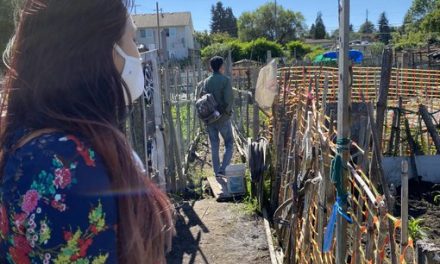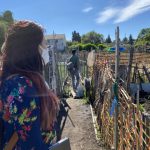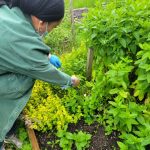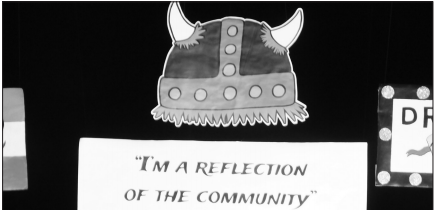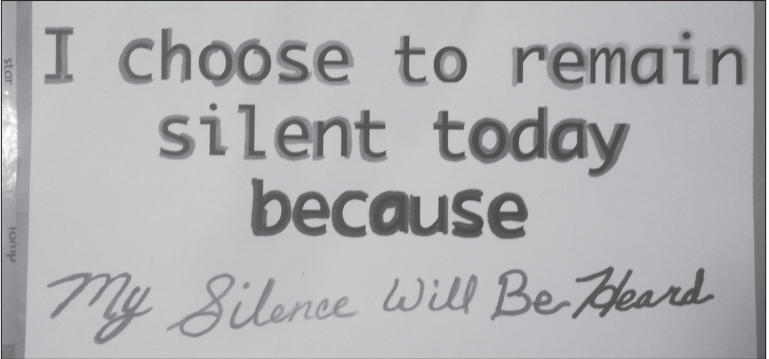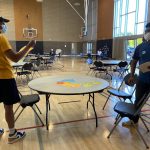
Salish Sea Expeditions: Aquatic adventures on the Puget Sound
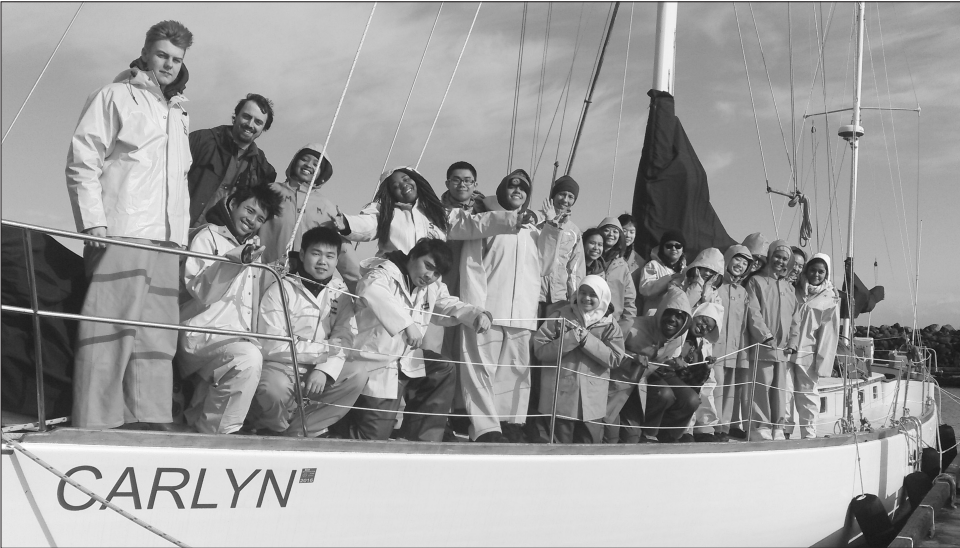
On March 9-11, I joined a group of Rainier Beach students that went on the Salish Sea Expeditions Field Trip. The group experimented with water samples from the Puget Sound, learned how a sailing ship operated and cooked delicious food.
As we departed from the Elliott Bay Marina early Wednesday morning, the rain started to come down softly. Captain Ryan Downs and his crew taught us safety procedures and how the ship was run. The class sat quietly on the deck as the crew undocked us from the marina and then proceeded to bring the ship out of Elliott Bay.
Soon after we left the Bay, the crew split us into two predetermined groups. One group learned sailing skills and terminology and the other learned how to handle science equipment and procedures. After learning the respective skills, we switched after lunch.
Following our lessons, we saw Blake Island as the sun was beginning to set. After a tiring day at sea, we were ready to eat dinner and go to sleep. The crew slowed down to go between the breakwaters and then they docked the ship. My group was to stay on the ship for the night while the other group camped out.
The crew and some students cooked up amazing meatball spaghetti for us with a side of leftover salad from lunch. We sat around the table on benches inside the galley and had a rundown of the day. As the night was becoming late, we played creative games.
The next day, we woke up at eight. After we finished up breakfast, we took weather readings and formulated a morning report. Finding the wind speeds in upwards of 30 knots and seeing the waves as too rough, we decided we couldn’t go out to sea and went to analyze the samples we had gotten on deck. We examined the samples through microscopes and saw many different types of plankton. We also found the concentrations of both plankton and silica which helped us get data for our investigation. After analyzing our samples the crew decided that we needed more samples so we went out on small boats to collect them. Getting the equipment on the boat was easy but deploying it proved to be a challenge. We ended up successfully getting the samples and returned to the ship to let the samples settle.
After another delicious lunch, my group went on shore to learn navigation. We were given charts, rulers, and compasses to learn how to find our location on a chart. We soon mastered this and went to dinner on shore. Most of us helped set up the tents and cleaned the area while the rest helped with cooking. We ate in a shelter and then played some games in front of a campfire. We then went to sleep shortly after in the tents.
The next day we woke up to a beautiful sunrise and began to prepare for the day. The crew gathered the whole group in the shelter and we put the data we analyzed together onto a graph and chart. We answered our question and found that the more silica there was, the more plankton there was which refuted our hypothesis of having more silica meant less plankton.
We then returned onto the boat for challenge day. The challenge day included running the entire ship’s operations by ourselves. We decided what we wanted to do and deployed ourselves to our role of choice. I chose to be a deckhand. Deckhands were tasked with navigation and sail/ line handling. There were also science, cooking, and media teams.
All of the teams were really busy doing their work. My sailing team worked on maintaining the ship and navigating it. The science teams went about acquiring samples as we sailed. They made more observations and reported them to the captain and other teams. The cooking team spent most of the day deciding the meal and preparing it. The media team worked to create videos and photos to display our work and they created a song to describe the trip.
At the end of the day we celebrated by eating and hearing the songs being sung. We docked back at Elliot Bay Marina and had a tearful goodbye with the crew.
Those who went on the trip experienced many new things. We learned a lot about the environment we live in. Our group came out understanding how the Puget Sound was connected and its impact on our lives.

